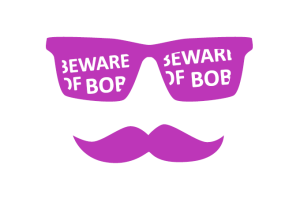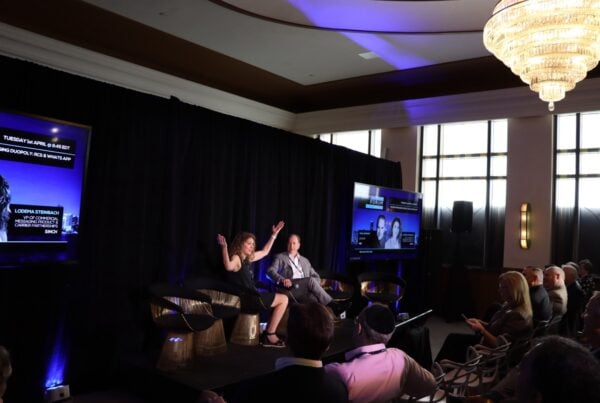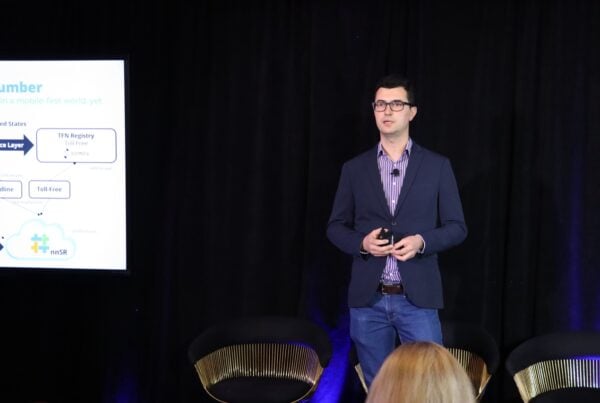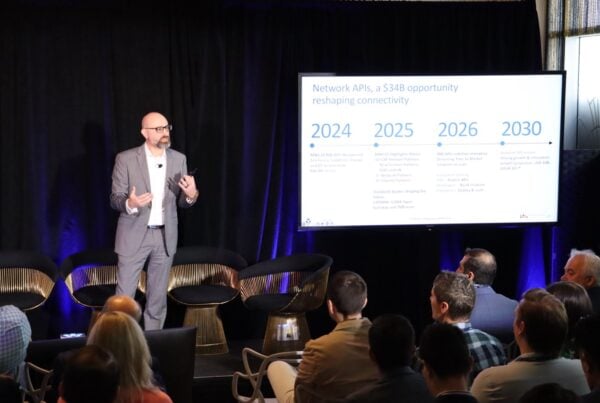Payments platform provider and MEF Member Bango recently issued a white paper to launch their campaign against premium rate billing mechanisms being passed off as direct carrier billing. Here, Richard Leyland, VP of Marketing Communications, explains the difference between the payment mechanisms, and why they’re calling for an end to so-called Bogus Operator Billing.
Direct Operator Billing (DOB) is “the world’s most popular mobile payment method”. DOB (or Direct Carrier Billing – DCB – as it is sometimes called) is state of the art, allowing smartphone users to charge the cost of a digital purchase to their phone bill, in one-click. It’s achieved through a direct integration into the billing systems of the world’s carriers. This is what our clients: Google, Amazon, Facebook, Microsoft and others demand of Bango.
But Bango has noticed a dubious practice within our industry. Many of today’s mobile payment providers have chased quantity at the expense of quality. They boast hundreds of what they call “Direct Billing connections”, but in reality they are dependent on an inferior approach. This approach is usually not the high performance charge-to-bill payment that it appears to be, and frequently it is not even direct. It is not what it claims to be. It is, to coin a phrase Bogus Operator Billing. We call it BOB for short.
BOB allows users to put a charge on their phone bill, but only through fiddly and error-prone Premium SMS messages. BOB’s so-called “direct” billing is often a proxy through additional third parties, unknown to the merchant, to achieve high aggregate coverage. Premium SMS is a slow, outdated technology which is all but banned in the USA. BOB brings with him increased settlement risk throughout this indirect chain, a degraded user experience and, ultimately, lost sales.
Caveat emptor, let the buyer beware
November 2013 saw a major blow dealt to Premium SMS. The US network operators AT&T, Sprint and T-Mobile entered into an agreement with 45 states to stop billing customers for Premium SMS messages that they send and receive. Verizon Wireless, while not part of the settlement, has said that it too will discontinue the practice. The move was forced by the persistent problem of “cramming”: unauthorized billing for third-party services forced onto customers’ bills.
Today a handful of global Premium SMS providers continue to exist, particularly for billing charges authorized from a PC or other premium messaging services, but the industry mood is that Premium SMS technology is a technology moving towards its sell by date.
Unfortunately this period of transition between Premium SMS and superior DOB has created an opaque environment, where BOB has thrived. Some unscrupulous mobile payment providers speak the language of DOB, while actually deploying Premium SMS.
 So what’s so Bogus about Premium SMS?
So what’s so Bogus about Premium SMS?
Premium SMS normally relies on SMS delivery reports. But text messages are often delayed. Even where the user is known to be ‘online’ and has sufficient funds, responses can take minutes or hours. This frequently leads to consumers being told that there’s a failure and that no charge has been taken – only to find that they were charged after the “waiting window”.
Then there are the problems of “False OKs”, MNO pricing errors, the strait-jacket of fixed price points, incorrect and illegal tax treatment… the list goes on. The final nail in the coffin has been the problem of mobile cramming, which has forced many markets to tie Premium SMS up in tight regulation, or as seen in the USA, to withdraw support for all but a few niche applications.
So why is Premium SMS hanging on, obscured behind opaque language on mobile payment provider websites? The answer lies in a numbers game. All mobile payment providers would surely agree that Direct Operator Billing is more reliable and offers a superior user experience, but it’s also a complex integration challenge. It demands commercial agreements between app stores, operators and the payment provider. Rather than work to put these vital building blocks in place, unscrupulous mobile payment providers want to get some service , any service, in place, so that they can claim huge coverage numbers. Gaps are filled in with Premium SMS – Bogus Operator Billing – at the expense of reliability.
There’s a legitimate debate to be had over when it’s best to be deploy an inferior technology over no technology at all. However Bango’s experience is that this debate doesn’t take place. Instead, the reality is obscured behind vague terminology, forcing mobile merchants to interrogate payment providers to understand exactly which technology is being used in this “charge to bill” scenario.
BOB remains at large in the operator billing space. A “Direct Operator Billing” connection may just be Premium SMS, and may not even be direct. For a business that doesn’t mind an inferior user experience, dropped charges, uncollectible funds or the risks from multiple intermediaries, BOB might just work. For everyone else, only approved DOB meets the requirements.
Bango’s advice? Find a partner who has invested in a market-proven DOB platform, and Beware of BOB!
Richard Leyland is VP of Marketing Communications at Bango. Follow him on Twitter. You can read the Beware of BOB white paper here.
Agree, disagree? Share your views in the comments below. At MEF we welcome debate on key issues, and want to ensure that different viewpoints are expressed. Members who are interested in contributing a post to the MEF Minute can find out more about how to do so here.
The views and opinions expressed in this guest blog are solely those of the author and do not necessarily represent those of MEF or its staff.




